[Portrait] Milanka Babic, Radioisotope Chemical Engineer
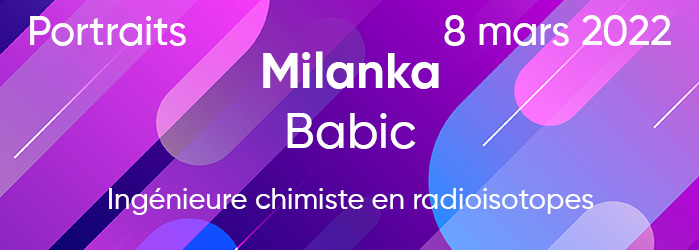
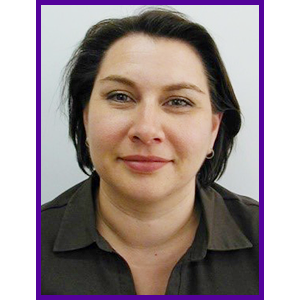
What is your job?
I am in charge of radioactive isotopes within the HYDRO team of the UMR EMMAH. This consists of to take samples and analyse tritium and carbon-14 in water. These are natural tracers that allow dating.
I am also in contact with researchers, doctoral students, but also with engineering offices that ask for advice on sampling and their analytical costs.
At the same time, I am in charge of radiation protection for the laboratory and manage the authorisation to hold radioactive sources for the laboratory. This brings me into regular contact with major organisations such as the French Nuclear Safety Authority (ASN), the French National Agency for Radioactive Waste Management (ANDRA) and the French Institute for Radiological Protection and Nuclear Safety (IRSN).
I also work with trainees and PhD students to pass on my experience and know-how in the laboratory and in the field.
What is its link with Research?
I am a technical and analytical support for research. My role is to help researchers with their research projects, by carrying out their analyses, but also by finding technical solutions to carry out non-traditional samples in the best possible way.
What does it mean to you to work at a university?
Working at the university gives me a certain freedom and autonomy and allows me to express my versatility. I am surrounded by people from different backgrounds and it is very enriching. Faced with a wide variety of projects and geographical situations, you have to adapt to new environments and new methods on a regular basis: there is never a dull moment!
What advice would you give to people who want to work in research support?
Find out about the different fields and find the one that suits you.
Research support in chemistry is very different from that in hydrogeochemistry, although the training requires a common grounding. For example, in hydrogeochemistry, you will do analyses in the laboratory, as in chemistry, but you will also have to do them in the field, sometimes in the sun, in the rain, in the snow, or even in a tunnel: you have to adapt to the site! It's a very different kind of job!
What object or image from your business best illustrates you?
Field analysis: adapt your work to the environment.

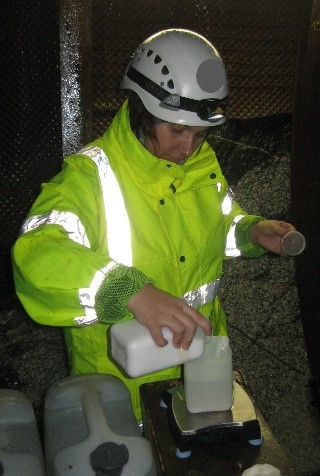
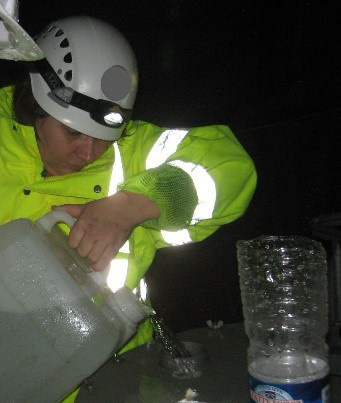
Introduction of trainees to tritium analysis
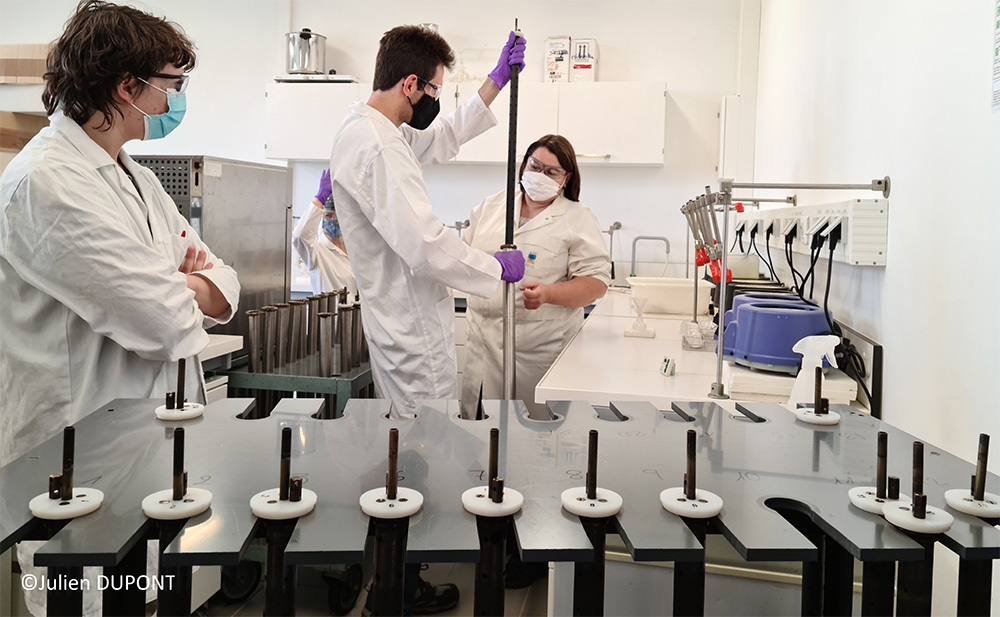
The portraits
Updated on 22 December 2022